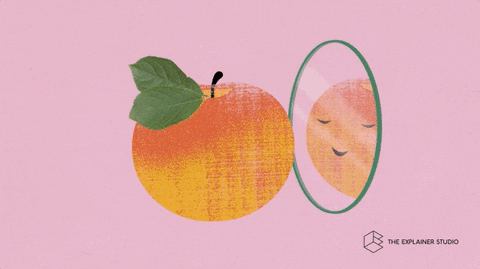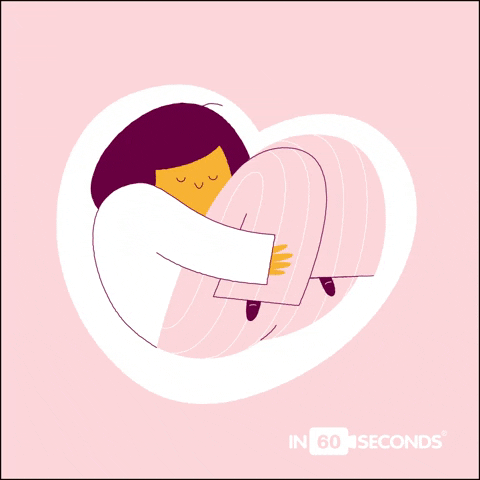
Can treating ourselves as we would treat a friend, improve our mental health? These WA researchers think it might—particularly for young people who identify as LGBTQIA+.
A world-first trial is set to examine whether mindful self-compassion can boost the mental health of LGBTQIA+ youth.
Run by the Telethon Kids Institute, the “multi-site randomized controlled trial” will see around 100 people, between the ages of 18 and 25 undertake an 8-week program on self-compassion.
The project’s main aim is to reduce the impact of the stigma faced by the LGBTQIA+ community.
Self-compassion 101
Dr. Amy Finlay-Jones from the Telethon Kids Institute is one of the psychologists involved in the study.
She’s also one of only a handful of Australians qualified to deliver the Mindful Self-Compassion program developed by the UC San Diego Center for Mindfulness.
Amy says self-compassion is about learning to treat yourself with the kindness and understanding you would show to a good friend.
“They don’t really treat themselves like they’d treat a friend—they treat themselves like they might treat their worst enemy,” she says.
“They tend to be quite self-critical and not really take the time to pay much attention to how they’re feeling or to look after themselves when they are having a difficult time.”
An antidote to self-stigma?
Young adults from the LGBTQIA+ community are more likely to experience mental health problems than their heterosexual and cisgender peers.
Amy says that’s because of the stigma and discrimination they face in day-to-day life.
“This is a group of young people who are already experiencing stigma from other people, and this can become internalised,” she says.
When this happens, it’s known as ‘self-stigma.”
“By teaching [the participants] self-compassion, we’re hoping to reduce some of the impact of that stigma and self-stigma and improve their mental health,” says Amy.
The program will be delivered online via Zoom, allowing the researchers to recruit participants from all over the country.

Test your self-compassion
According to Amy, the most widely used test for self-compassion is the self-compassion scale.
It measures self-compassion across three dimensions: mindful awareness of difficult emotions, common humanity and self-kindness.
The Telethon Kids Institute project will also study symptoms of depression, anxiety and stress as well as self-criticism and difficulties with emotional regulation.
So far, the team has delivered one full training program—with positive feedback from participants.
According to Amy, the participants felt the concept of self-compassion was very relevant to them and the challenges they faced.
They also reported that learning to practise self-compassion had helped to connect them to other young people and was beneficial for their wellbeing, Amy says.
Like a big hug
Amy says we can all bring more mindful self-compassion to our lives.
One way is to imagine our experiences happening to a friend and then apply what we’d say or do to help the friend to ourselves.
“That might be looking after yourself by going for a walk to help yourself calm down or cheer up,” Amy says.
“It might be giving yourself some words of encouragement or reassurance.”
Another way is to physically calm ourselves by taking slow and deep breaths or placing a hand over somewhere on our body that feels soothing.
“Much like if a parent or a good friend was giving us a big hug to help us calm down,” says Amy.
Source: Read Full Article
